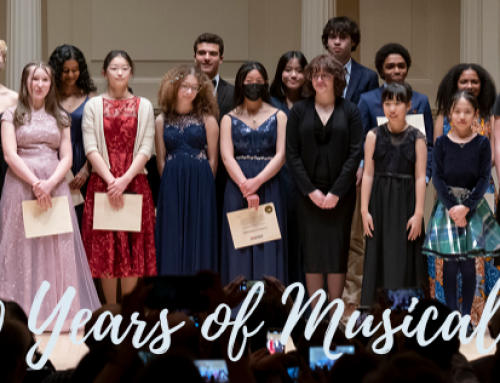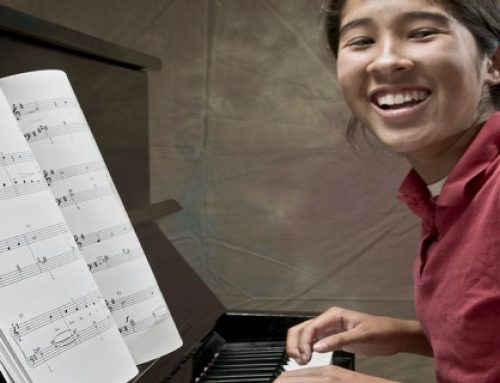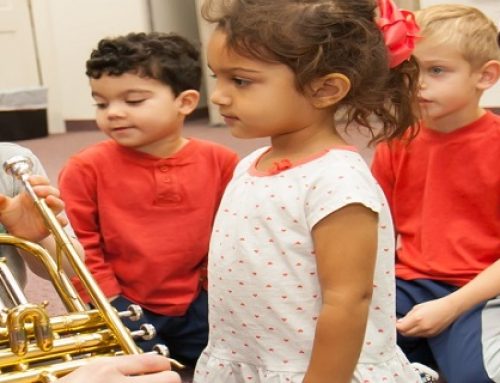How to Choose the Right Instrument for Your Child!
Whether your child is the next Yo-Yo Ma or Ed Sheeran, we ALL begin our musical studies the same. We choose an instrument that interests us; and feel joy as we learn to play it. But what if your child is interested in music lessons and doesn’t know which instrument to pick? How can you know which instrument best fits your child?
First and foremost, it is undeniable that involving children in music lessons benefits the development of both physical coordination and cognitive function. In addition to fostering creativity, studying music also helps children build the confidence to express themselves. Choosing the right instrument can seem daunting, but there are three key factors to consider.
Personality
Selecting the right musical instrument to study is a form of individual expression. It is comparable to choosing the perfect outfit on the first day of school. You want people to see you a certain way, and you want to feel confident in your self-expression. Just like someone’s clothes can reflect a personality, so can one’s instrument!
Each instrument has its own characteristics based on the way it sounds and feels. Some instruments, like the trumpet, can have a more strident tone whereas the cello is mellower sounding. At The International School of Music, preschoolers are able to get a sense of what instrument they may prefer in our Instrument Explorers early-childhood music class. View our Early Childhood Music Classes for Toddlers and Preschoolers or contact us for more information.
Does your child like listening to rock or country music? If so, they may be better suited for guitar or percussion lessons. Or maybe your child loves hearing the sounds of an orchestra. Perhaps violin or cello is a better fit! No matter the genre of music that your child prefers — even if your child does not know which genres he or she prefers yet — that’s okay! You want to help guide children towards an instrument that excites them.
Personality plays a larger role in deciding musical goals and future success. Does your child like the limelight and want to be soloist or are they more shy and want to play with the group? Knowing if your child is an extrovert or an introvert can help determine which instrument to choose. Voice and piano can allow for more solo opportunities than the trombone, for example. Your child’s instrument should reflect their personality and musical preferences. Children who prefer the sound their instrument makes and like the way that they feel when playing are more likely to be motivated to practice harder and advance their skills.
Age
Another important factor to consider when choosing an instrument is age. Younger students will have some physical limitations and will not be able to focus for long periods of time. Foundational instruments, like the piano or violin, help build musical skills that can transfer over to other instruments in the future. For example, notes on the piano are easy to see and help students feel more immediate gratification when playing.
Size
In addition to personality and age, size is significant when considering instrument selection. The larger the child, the greater lung capacity they will have to fill an instrument with air and make a beautiful sound. A 5 year old struggling to play the trumpet could make them become frustrated with music lessons where a 5-year-old playing the violin will have better control over the instrument.
Instruments like the violin, cello, or ukulele are excellent because they come in smaller sizes and are more accessible for smaller children. The piano is wonderful for learners of all ages because it does not require any particular breath capacity or body type in order to play it.
Choosing an instrument with your child should not cause any more headaches or elicit doubt in musical study… Always remember, personality, age, and size. Call the International School of Music at 301-365-5888 or email us at info@ismw.org to set your child up for success and schedule a music lesson today!






